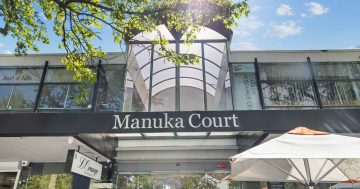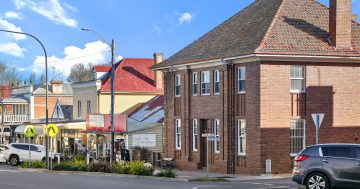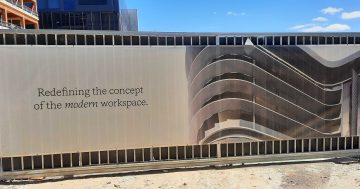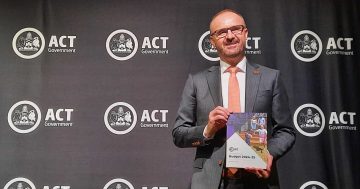
Nathan Dunn has been appointed joint managing director and head of agency at Knight Frank. Photo: Thomas Lucraft.
Nathan Dunn was halfway through two degrees – a Bachelor of Arts and a Bachelor of Science majoring in Psychology – when he discovered where his passions actually lay.
To pay his way through studies he’d packed shelves at Woolies, sold donuts at Krispy Kreme and pulled beers at the Hellenic Club before stumbling into commercial real estate.
“When you think of real estate you usually think residential. Nobody really plans out a career in commercial real estate – you tend to fall into it,” he says.
“People disregard the commercial sector, but a huge component of the industry is industrial, office and retail property. These are the three streams of commercial property, and they make up a big percentage of the business in Canberra.”
At age 19 Nathan took his first step into the sector in sales and leasing of industrial real estate for a small family-run business. Shortly after, he ditched the degrees.
“I realised how nuanced, exciting and addictive the industry was,” he says.
“I guess technically I’m a university dropout but I’ve never been happier.”
It wasn’t long before he was approached by JLL and, with a desire to sample all three asset classes, accepted a job that gave him exposure to selling and managing offices in a global multinational company.
“Working in real estate at that scale really opened my eyes,” he says.
“I got exposure to all three of the main office precincts in Canberra – the CBD, Parliamentary Triangle and airport.”
After five years he got his taste of the third asset class – shopping centres, which Nathan says has its “own language”.
“You have to learn more about occupants in this stream, you have to probe their business models and you definitely have to delve into turnover because it’s intrinsically linked to the rent you charge them,” he says.
“It gave me an understanding of balancing a threshold of pain for Canberra businesses with rent return for owners.”
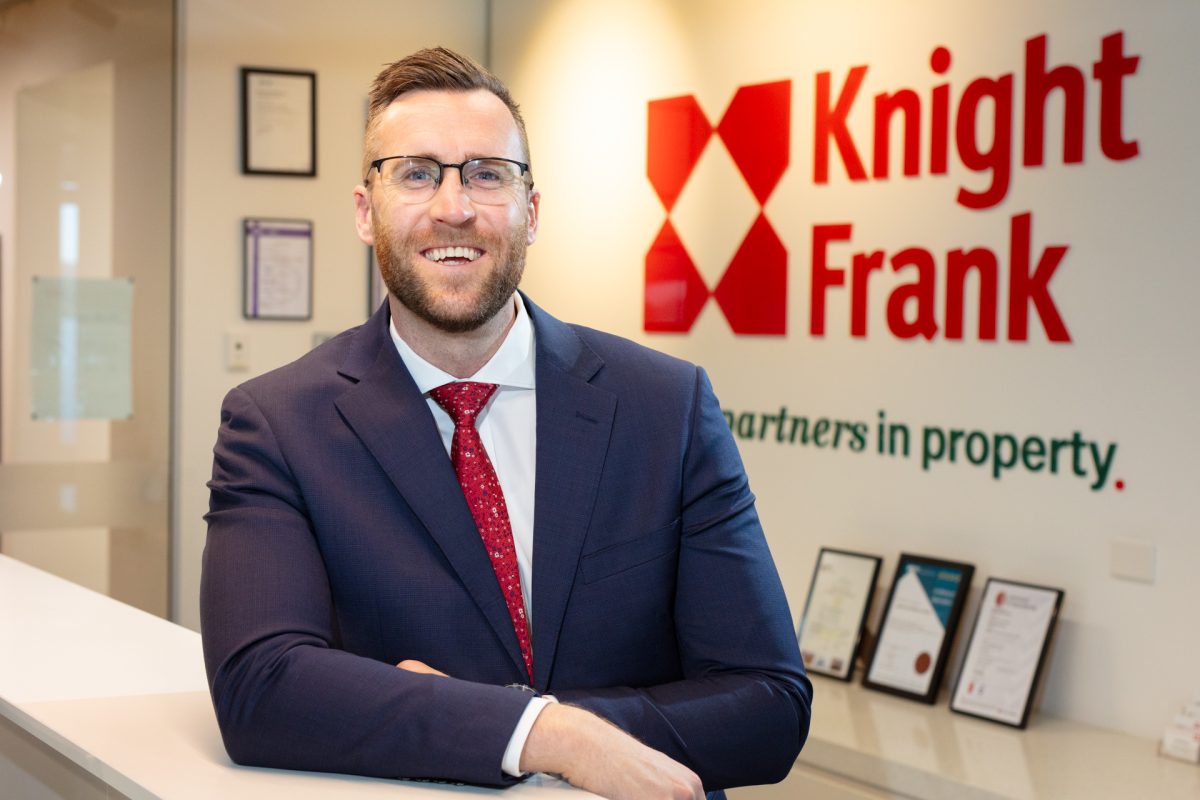
Nathan Dunn comes with vast commercial property knowledge. Photo: Thomas Lucraft.
With experience in all three asset classes under his belt, Nathan started his own business in 2018 – a Belle Property Commercial franchise.
The property giants had a strong residential offering and Nathan discovered that contrary to his belief, residential practices and principles were very transferable to the commercial sector.
It was one of his most important lessons and helped inform a somewhat novel approach to commercial property dealings.
“I had always thought residential practices and principles to be incongruent with commercial,” Nathan says.
“But the general hustle of an agent in residential, their work ethic and ability to have simple systems and processes to drive results – I thought that’s a unique selling proposition in the commercial world, which can typically be a bit archaic with the long lunches and ‘who you know’ mentality. Commercial landlords and sellers are moving away from that. They want transparency and hard work moving forward.
“We set up a business that was more about processes than the promise of a price, and we ran it like a well-oiled machine.”
A few years in, they knew they were on a winner, but wanted to bring the approach to a wider audience.
But which vehicle could help them pierce new markets and grow? The answer: prestigious global brand Knight Frank where Nathan was appointed joint managing director and head of agency last week.
Combining what the team learned at Belle with the might of Knight Frank, Nathan is now focused on what the post-COVID world means to the commercial sector.
“It’s impacted every asset class in different ways,” he says.
“Industrial has exploded, with warehouses now a huge part of logistics for a growing number of businesses. Meanwhile, the office sector is facing massive changes in the global market, with work-from-home hybrids a challenge to rental returns.
“There’s an increasing push for Flight to Quality for these properties – to attract tenants, you must have a premium offering. There will be a big focus on green credentials going forward, collaborative workspaces, the addition of wellness facilities and services and making buildings ‘alive’ so that people want to come in and work there.
“Retail will also need to lift its game – it’s not enough to have shops anymore. Alternatives like omni-channel retail – a blend of bricks and mortar and online – might come into play.
“There will always be desire for these assets classes but COVID accelerated demand for evolution, and we’re looking forward to guiding our clients in any way we can as they pivot to success.”
